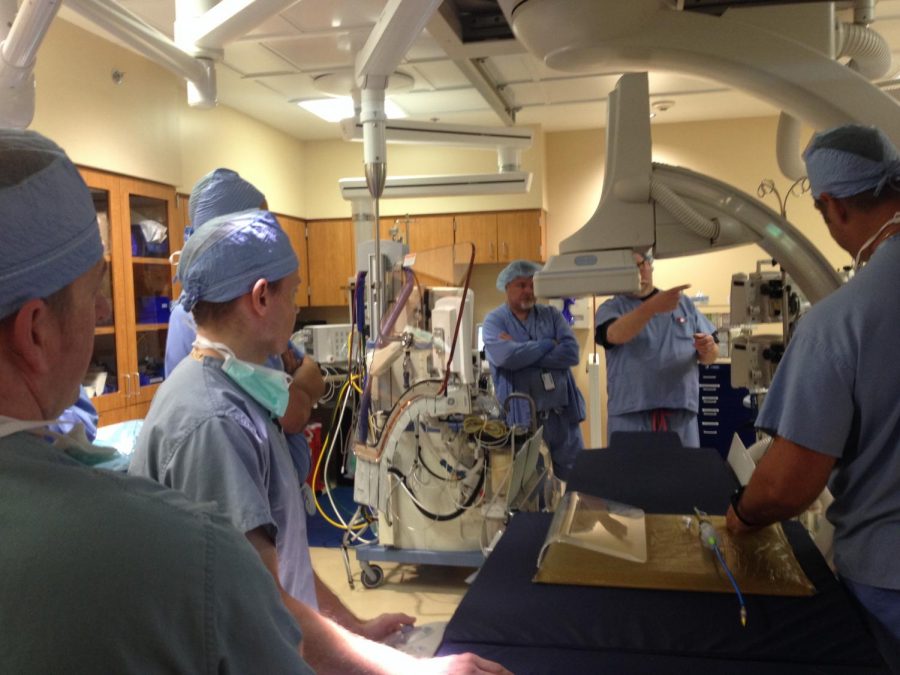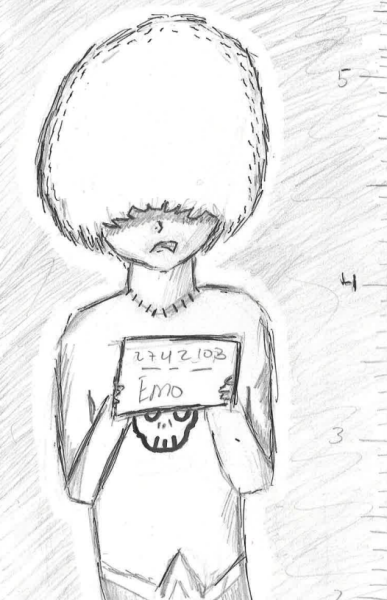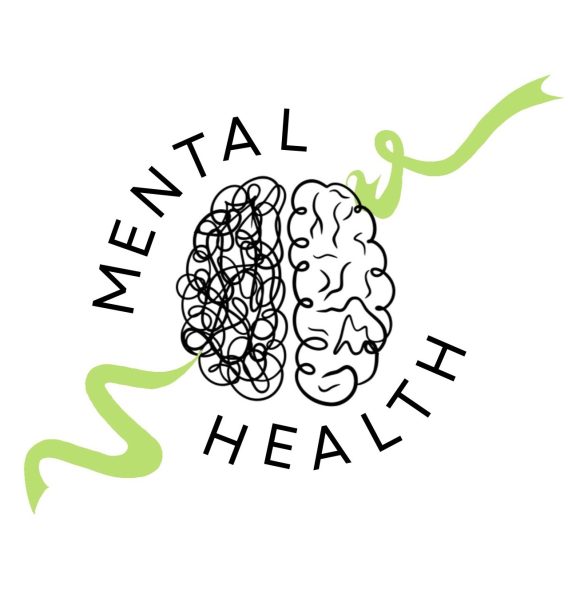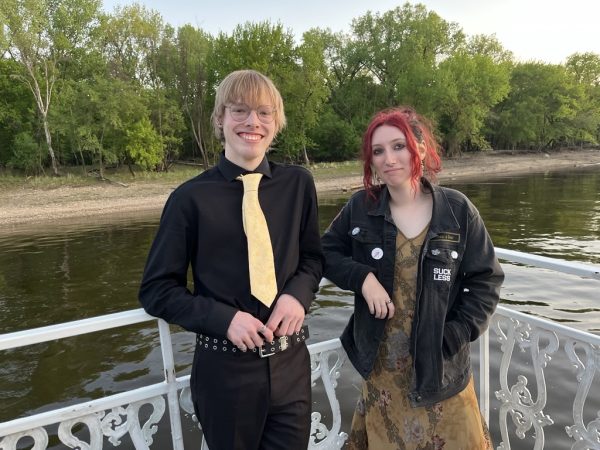Organ donors save lives, contribute to scientific progress
A patient undergoes surgery at the VA medical center in the hybrid cardiac catheterization lab, located in Minneapolis.
Organ donation: one of the most phenomenal successes in modern medicine. Many people have heard about it, and countless have benefited from it, but what exactly is it?
Organ donation is the transplantation of healthy organs and tissues from one person to another. The transplant typically occurs after the donor has passed away, at which point the doctors preserve and check if the organs and tissues donated are usable for a transplant. However, there are also organ donations that can happen when the donor is alive, like kidney donations. There are many people waiting to be approved for a transplant, but due to the lack of donors, many end up living with further complications or dying. It is estimated that around 20 people die each day waiting for an organ transplant. Although it sounds scary, the life-changing effects donating can have on various people who desperately need a vital organ is something to consider.
Death is something that is unpredictable and inevitable; no one knows when they’re going to die. Events like graduating college or beginning a career are what a lot of young people look forward to in their future, while death is something that is overlooked—something that is nearly surreal.
But what would happen if you died today? Would you become a donor? How does somebody become one? There are many ways that you are able to register yourself as a donor. You can register when you get your license (at local Department of Motor Vehicles), register online at organdonor.gov, which directs you to your state of residence, enroll in donation programs such as Mayo Clinic’s Anatomical Bequest program or the consent from your family after death.
Your race, age, sex and medical history shouldn’t prevent you from donating. In contrast, it should help you move forward with your decision to donate. Minorities are more likely to have chronic conditions that affect their lungs, heart, pancreas, kidneys and liver in comparison to white people. In addition, many children under the age of 18 are also in need of transplants. A transplant is not only for older people with health issues. Chronic diseases and injuries, such as coronary heart disease or accidents where trauma to an organ occurs can affect people of all ages. In addition to organ transplantation, organ donation can also be used for scientific research.
“Up to eight people can directly benefit from organ donation and even more when you look at the research possibilities,” Columbia Heights High School biology teacher, Ms. Aimee Candella said. “[The] first choice is always donation, but if the organ is not suitable for donation, it can be used to educate future doctors, or to research current diseases.”
Organ donations can create a positive impact both in the classroom and in expanding the knowledge of treatments for diseases. Most medical students are required to dissect a human cadaver in their first year of medical school in order to have a visual understanding of the anatomy of the human body, which can later be applied later in their health care careers.
“[The] progress in treating common and rare diseases often relies heavily on access to both normal and diseased human tissues and organs,” CHHS biology and anatomy & physiology teacher Ms. Melanie Kennedy said. “Such donations help researchers create drugs and medications, therapies, medical devices and even cures for diseases!”
Islet cell transplantation, where beta cells within islet cells in the pancreas are transplanted from a deceased donor to create and release insulin, provides a treatment for Type 1 diabetes without having to use insulin shots. This is a great example of how both normal and diseased organ donations have helped further understand the research of diseases and create theories that can make new treatments and cures.
Organ donation will always have an important place in the medical field. Whether you decide to donate now or in 50 years, the donation will be put to good use. However, the sooner you decide to donate, the more likely you are to commit to the idea and help someone in need today. In addition, the uncertainty of when death will come is something to have in mind. No matter when you decide to donate, remember that you will be saving many lives. The lives affected could be eight, or it could be millions. Do you want to have a great impact on humans and health? The decision is in your hands.
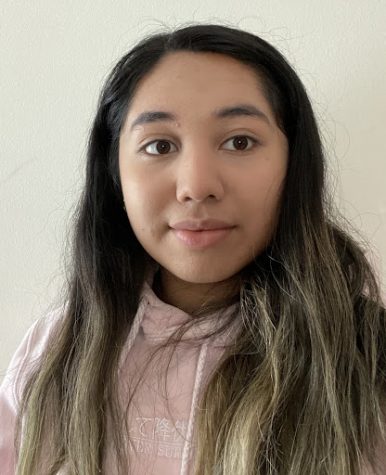
Valerie Barrera is a senior at CHHS and a staff writer for The Heights Herald. She is very passionate about writing and bringing people news about entertainment....


